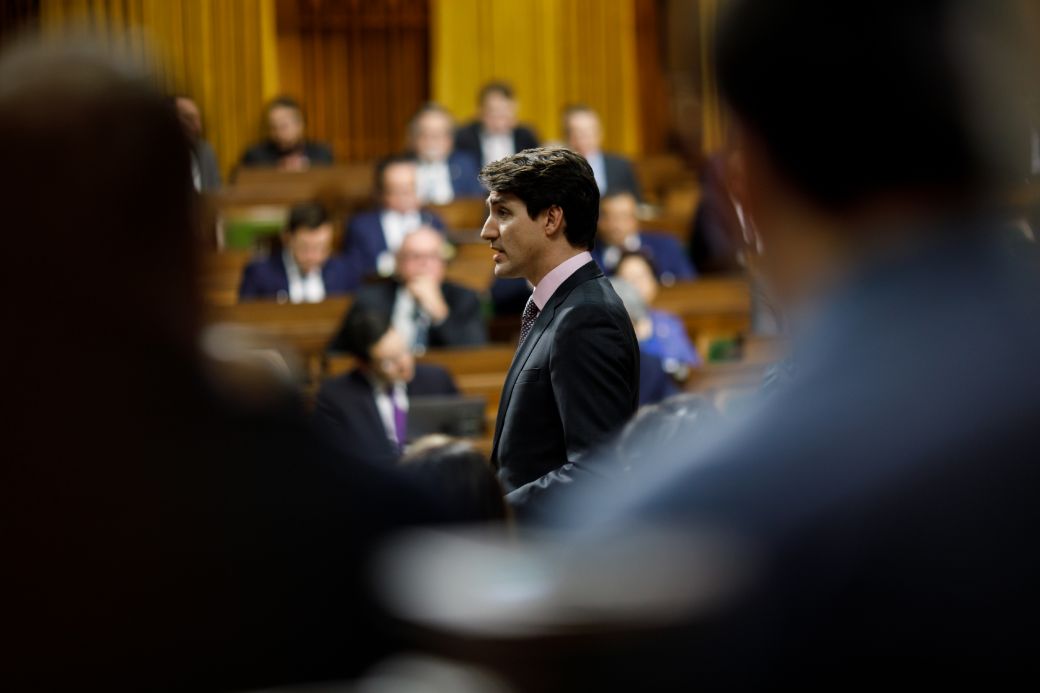This column is about the Liberal party. I’m afraid it will contain more questions than answers. At the least, the questions will be better than the answers.
Why are they so hated?
And so vehemently. This is based mainly on my mail. Nothing evokes sputtering rage — indicating loss of control, leading probably to self-disgust — like anything I write about Liberals that could be read positively. I can only compare it to the bilious American responses when I sometimes appeared on shows like Bill O’Reilly’s. (I’ve never been a Liberal, btw, I’d call myself an independent left socialist and doubt I’ve ever written anything suggesting otherwise.)
Is it that Liberals seem to have no raison d’être — and if they did it was long ago? Is it that they seemed born to fail, back in 1861, and for their first 40 years, aside from one spurt in office, did fail. Later, the NDP/CCF should’ve brushed them aside. Yet they’re still here — exercising power!
That bottomless fury baffles me. Sometimes I wonder if it’s simply that Liberals don’t seem to take anything too seriously, including their principles, to whatever extent they exist, and usually look like they’re having a good time anyway. By journalistic consensus they host the best parties, in the other sense of party. The Liberal party may make more sense than the Liberal Party.
How have they survived?
It’s spectacular how often they’ve been prematurely interred. In 1958, John Diefenbaker’s Progressive Conservatives decimated them, yet they returned for the Pierre Trudeau and then Jean Chrétien years. In 2011, a mere eight years ago, pundits and experts proclaimed a new right-wing era for Canada, with the Liberals obsolete. For decades, they’ve had zero mainstream media support, aside from the Star.
What preserves them? Perhaps an instinct for the political zeitgeist. In the 1800s, that meant electoral reform, which they embraced in the form of extending the ballot and making it secret. They also adopted another 1800s loss leader, the nation-state, which in Canada meant reconciling French and English — so the Liberal, Laurier, became our first francophone PM. That project wasn’t completed till 1982, with constitutional patriation under Pierre Trudeau, but we’ve always been a bit slow. Trudeau saw himself as Laurier revisited.
The 1900s were largely about extending the welfare state via activist governments (the New Deal, the Russian Revolution). Liberal leader Mackenzie King, the Platonic model of a pol without principles, sensed that drift while working for John Rockefeller in Colorado, helping him strike-break. (He proved his worth by inventing the company union.) So he introduced family allowances and old age pensions; later Liberals added medicare. The NDP think Liberals stole those ideas from them but really they swiped them from the 20th century.
Multiculturalism began under Pierre Trudeau as a gimmick to undermine Quebec separatism. It acquired legs of its own with Justin Trudeau, becoming “diversity is our strength.” Threaded in with globalization and trade deals, it may represent the spirit of the 2000s. Even Justin’s contradictions and apologies catch the mood of the age: self-criticism, personalization, confessionalism. Maybe it helps to be unanchored in serious principles: it lets you sniff out the temper of the times and accommodate it. Is that vrai liberalism?
This time they really should’ve been done. The Wilson-Raybould affair ought to have sufficed. When it didn’t quite, along came the blackface. If the Tories had cashed in, or still do, it will be richly ironic that Liberals reneged on their 2015 promise of electoral reform: to never again hold an election where a minority of votes leads to virtually total power.
They could’ve passed a mixed voting system (representatives plus PR) with multi-party (minus Conservative) support. Or their preference, a ranked ballot, if they’d had the guts to ram it through, as Stephen Harper surely would have.
Instead they chickened out, supposing they’d rule forever. But if they now win a minority, what deal can they make with other parties (minus the Tories) to retain power? Nothing on climate, they’re too far apart. But they could agree on electoral reform, which would be — unspeakably ironic. They’d keep power, and fulfil their promise too. These damn Liberals can’t lose for winning.
Rick Salutin writes about current affairs and politics. This column was first published in the Toronto Star.
Image: Adam Scotti/PMO



